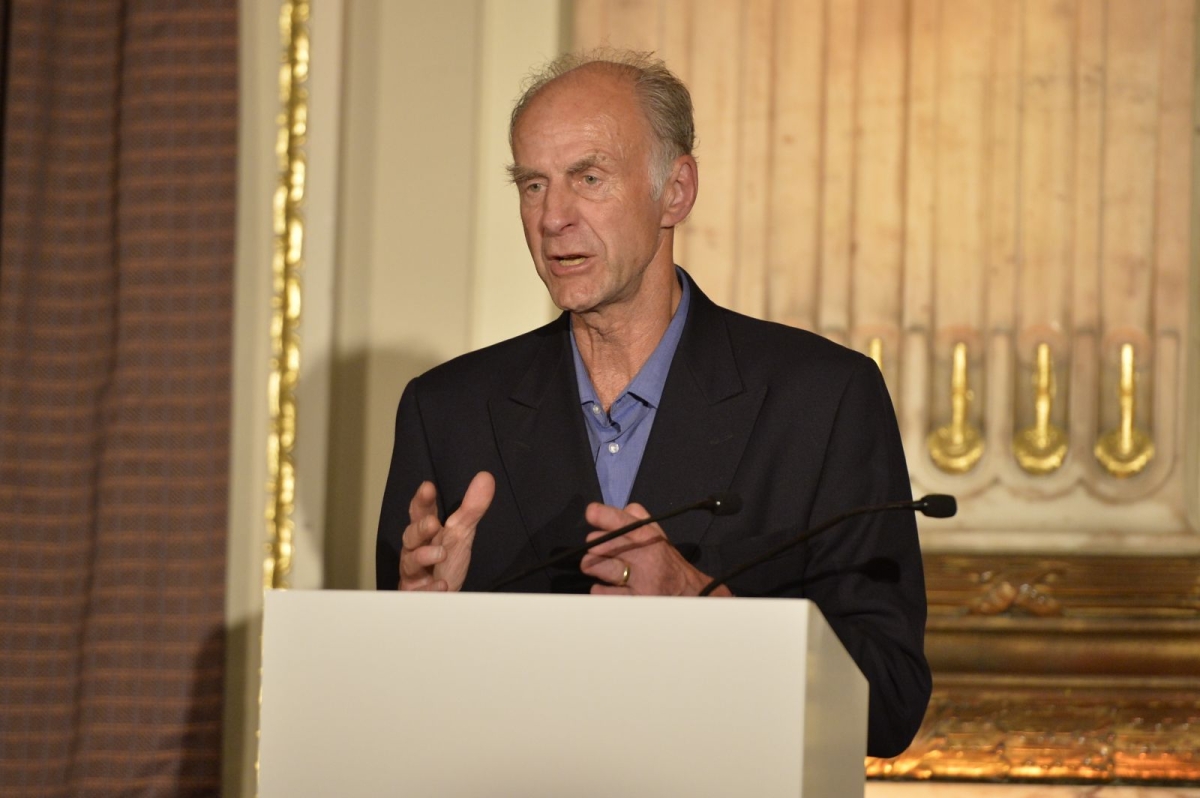
This year’s Top Hospitals award after dinner speaker was explorer, fundraiser and author Sir Ranulph Fiennes. Sir Ranulph explained the motivation behind his team’s efforts to break all world records of a geographical nature. Team selection, he said, has been the key to success and with a group of over 50 people from nine different countries, ensuring new recruits are going to fit is no longer something he does by himself. However, the selection criteria have stayed the same and this does not involve trying to assess character, but simply an individual’s motivation.
“How a person is motivated has implications for the way they behave and the way they will behave with others on an expedition,” he said. So, before an interview, he asks for a clear definition of their motivation. His own personal belief is that motivation comes from lived experiences and the way that an individual has reacted to them.
In the NHS, we often talk about motivation and research has shown that there is a link between patient experience and staff motivation. In 2014 the
National Institute for Health Research published a report which concluded that where patient experience is good, staff wellbeing is good, and vice versa.
In 2013, we published a
report which looked at patient and staff experience and discussed how top hospitals put resources into measuring patient and staff satisfaction. We found they do not simply wait for annual national surveys. Feedback is gathered in a
number of ways, from telephone surveys to kiosks and smartphone apps. Dedicated members of staff are given the support to make sense of this feedback, which is then shared in an easy-to-understand way with frontline staff. Results also go to the highest level in the organisation and good leaders make it their business to follow them up personally.
As Sir Ranulph highlighted in his speech motivation has an impact on everyone an individual comes into contact with and top hospitals understand this. Their leaders work to ensure staff are motivated and that staff and patient feedback is given context by triangulating it with other data that is collected by the organisation, whether this is related to clinical outcomes or performance measurement.
Please contact us to find out how we can support you to become a top hospital.
Andy Lockwood, Managing Director - CHKS, part of Capita Healthcare Decisions
You might like to read our other blogs here:
CHKS healthcare leaders’ survey 2017: what are the top challenges? –
Read here >>
Focusing on quality –
Read here >>
Recognising the importance of clinical coding and data quality –
Read here >>
Providing a safe hospital environment for patients –
Read here >>
What do patients think? –
Read here >>
This year’s Top Hospitals award after dinner speaker was explorer, fundraiser and author Sir Ranulph Fiennes. Sir Ranulph explained the motivation behind his team’s efforts to break all world records of a geographical nature. Team selection, he said, has been the key to success and with a group of over 50 people from nine different countries, ensuring new recruits are going to fit is no longer something he does by himself. However, the selection criteria have stayed the same and this does not involve trying to assess character, but simply an individual’s motivation.
